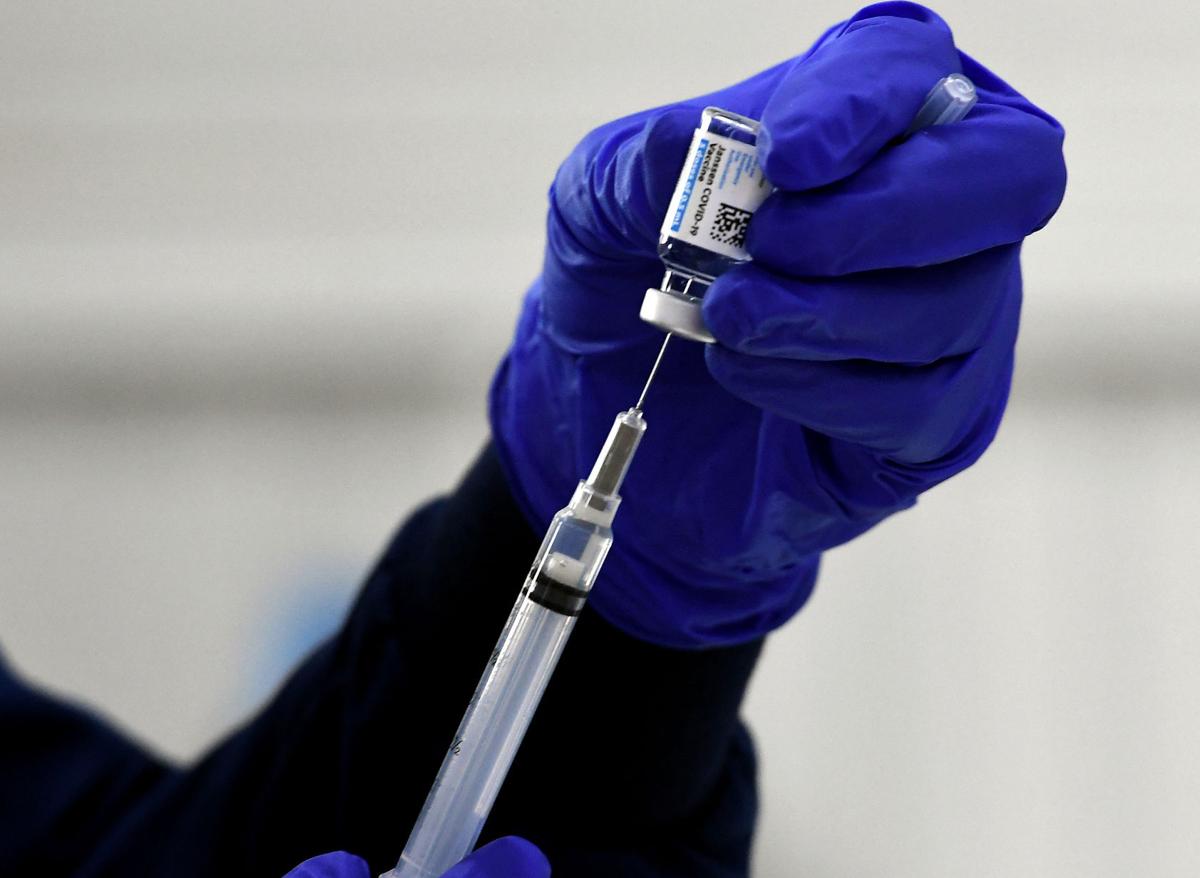
By Ian Ezinga
I don’t think there is anything necessarily wrong about having a cut and dry opinion about vaccine mandates. Every able-bodied person should be vaccinated. It isn’t an especially difficult position to arrive at if one accepts the severity of the virus and the effectiveness of the vaccines at staving off most of the worst possible outcomes. That said, one needs to consider the case for due process when implementing these mandates.
Following the same logic that preludes the necessity for a vaccine mandate, we arrive at the understanding that preventing the most deaths come down to having as few unvaccinated people as possible (i.e., herd immunity). But this logic doesn’t explicitly imply that everyone needs to be vaccinated, rather the majority do. This then allows us some room for people to be exempt from receiving the vaccine because of extenuating circumstances.
Hopefully, this idea isn’t complex. What is complex, however, is the processes that different institutions are implementing to determine the validity of these exemptions. Peering beyond the processes for determination, the consequences that follow a decision can be significant.
CUNY, for example, has a form for students to fill out if they wish to be exempt from receiving the vaccine but remain enrolled in courses, and in some cases, attend in-person classes. This form requires the signature of the student’s health care provider in addition to supporting documents. I think that this is a fair system, however, complexities can arise rather quickly. What if a student doesn’t have a primary care physician? This is entirely probable, especially with the proliferation of private health clinics like CityMD. These locations offer a significant amount of convenience for New Yorkers who are battling common ailments that require more expedient attention than what can be found by going through insurance-based healthcare providers.
Unfortunately, the notion of having a consistent medical professional, familiar with your history, and capable to sincerely vouch for your exemption, becomes very troublesome. While I stand on anecdotal evidence for the furtherance of this point, I have heard of someone who was unable to get ahold of a valid signature after having a serious allergic reaction to the first dose, wasn’t able to speak with anyone at their college in regards to a workaround solution, and was denied entry to their campus because they lacked sufficient exemption status.
Beyond irrefutable medical cases, it is not altogether difficult to earnestly consider exemption cases which are more vague. Consider a woman, perhaps a student, or maybe holding a job that requires her to get vaccinated, who is pregnant but not yet in her third trimester. She had previously suffered a miscarriage and although her doctor has not expressed an explicit concern that the vaccine will lead to another, she is overcome with fear at the possibility. She isn’t against getting vaccinated, but not while she is pregnant. Should she be able to enroll in classes or keep her job?
I can’t be certain if either of these cases hold any resonance to you, but I certainly cannot be quick in passing an immediate verdict as to what should happen to them. Neither are able to provide sufficient documentation to appeal for exemption, but also neither are, in my opinion, totally barred from consideration for exemption.
And it is because of this, that I have become a fervent believer in constructing a fair and comprehensive due process for exemption cases. Sure, the system might be overrun with appeals which are based on a nascent, and perhaps ineffectual, religious belief. But there are also, as alluded in the examples above, clear cases of people who could benefit greatly from being exempt while not qualifying for it on paper. It is these cases that I want looked after and seen with the attention that I think they deserve. Any earnest calls for vaccine mandates following logic laid out earlier should also be on the lookout for people falling through the cracks of an imperfect system.
